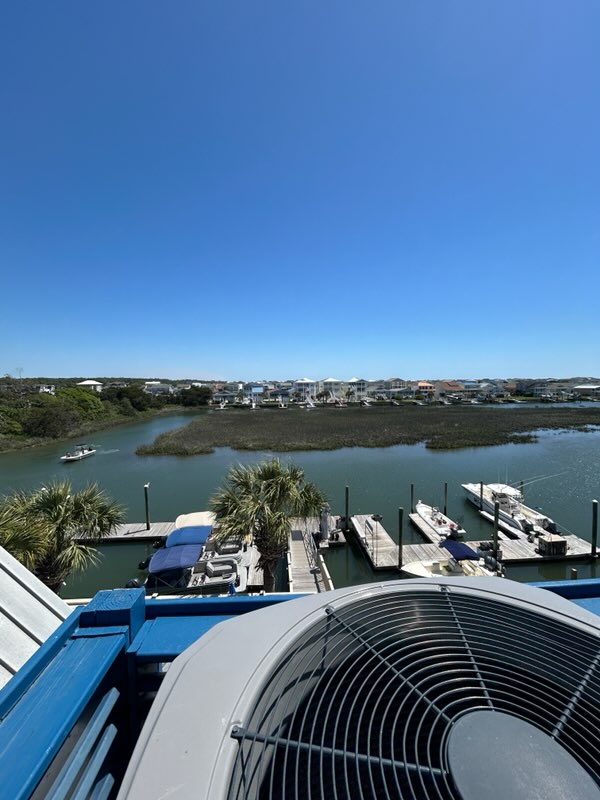
Maximizing Energy Efficiency: Top HVAC Tips for North Carolina Homes Oct 11, 2025
To start, it's essential to conduct regular maintenance on your HVAC system. Constant use, particularly during North Carolina’s hot summers and chilly winters, means your HVAC system works hard. Scheduling regular inspections and servicing is vital. A well-maintained system runs more efficiently, preventing costly repairs and reducing energy usage. Check your filters monthly and replace them regularly to ensure air flows freely, minimizing the workload on your system.
Another key factor in maximizing energy efficiency is optimizing your thermostat settings. Programmable thermostats are a smart investment for accurate climate control. In the summer, set the thermostat as high as comfortably possible. In the winter, lower the thermostat, perhaps wearing an extra sweater if needed. For every degree you raise or lower your thermostat, you can save about 3% on energy bills. Consider upgrading to a smart thermostat, which can learn your habits and adjust settings automatically.
Seal and insulate your home to prevent energy loss. North Carolina homes with poor sealing often lose valuable heated or cooled air, causing HVAC systems to work harder. Inspect windows and doors for drafts, using weather stripping or caulk to seal gaps. For further insulation benefits, consider adding insulation to attics, walls, and crawl spaces. This improvement maintains a consistent temperature, reducing the need for the HVAC system to kick on frequently.
Another effective strategy is leveraging ceiling fans to complement your HVAC system. During summer, set fans to rotate counterclockwise, creating a cool breeze that can make the space feel up to four degrees cooler. In winter, reversing the direction to clockwise at a low speed redistributes warm air, circulating the heated air that naturally rises. This simple adjustment can allow homeowners to rely less on their HVAC systems, optimizing energy usage.
It's also crucial to utilize zoning systems, especially for larger homes. These systems enable you to heat or cool specific areas of your home, offering precise temperature control and improving efficiency. Zone control means your HVAC system doesn’t have to condition areas of your home that aren’t in use, reducing strain and energy use. Installing such a system could initially be an investment, but the long-term savings paired with the increase in comfort levels are worth the consideration.
Finally, consider an upgrade if your current system consistently fails efficiency tests or requires frequent repairs. Modern HVAC systems are significantly more energy-efficient than their older counterparts, often achieving higher SEER (Seasonal Energy Efficiency Ratio) ratings. While the upfront cost can be significant, the savings on energy bills and the added comfort often outweigh the initial spend.
In conclusion, North Carolina homeowners can achieve significant savings by adopting these energy-efficient practices for their HVAC systems. From regular maintenance to strategic upgrades, each step contributes to creating a more environmentally friendly and cost-effective home. By implementing these tips, you not only enhance comfort and efficiency but also contribute positively to the environment, ensuring your home remains a sanctuary in all seasons.
/filters:no_upscale()/filters:format(webp)/media/1752a747-5bba-435f-8da9-254dc6615005.jpeg)